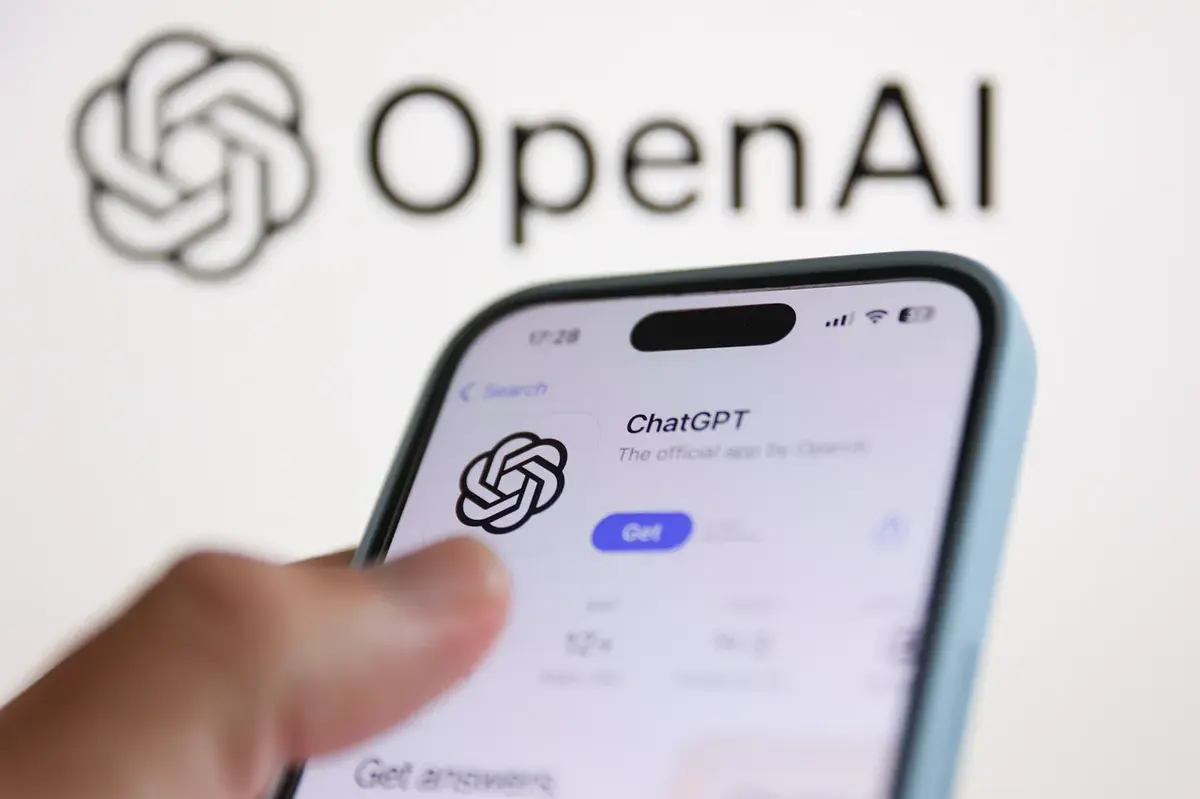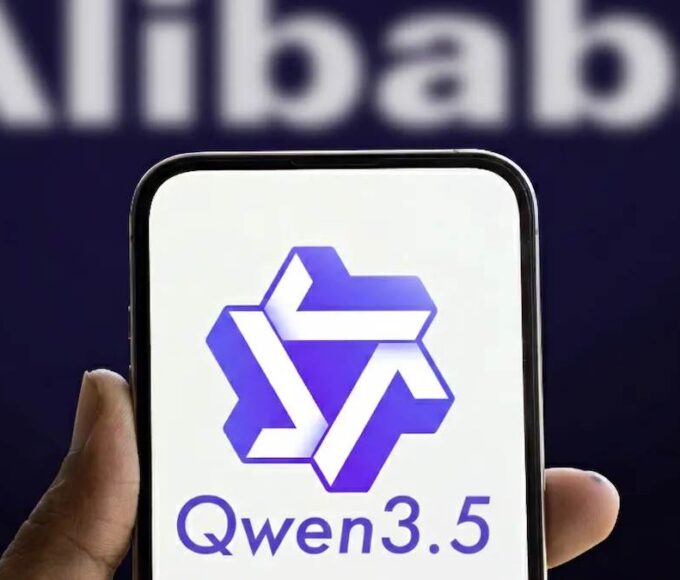Meta, the parent company of Facebook and Instagram, is spending big in its race to lead artificial intelligence development. CEO Mark Zuckerberg has launched a secretive “superintelligence” lab and hired around 50 top scientists — some reportedly with sign-on bonuses in the nine-figure range.
The latest major hire is Shengjia Zhao, a key figure behind OpenAI’s ChatGPT. Zhao will serve as Meta’s chief AI scientist and report to Alexandr Wang, another high-profile recruit.
But while Meta is attracting star researchers, concerns are growing inside and outside the company. Experts warn that too many big names on one team can lead to problems.
Zuckerberg’s strategy follows a simple idea: if one brilliant mind is good, many must be better. However, past research shows that when teams have too many high-status members, performance can suffer. At Meta, some existing AI staff are already worried about being pushed aside.
OpenAI CEO Sam Altman recently criticized Meta’s hiring spree, suggesting the company is collecting “mercenaries” rather than building a healthy, balanced team.
Studies support this concern. Research from Harvard Business School found that teams packed with stars often don’t work as well as expected. Like an organ transplant, a star hire may not “fit” with their new environment.
Another study published in Management Science found that the best scientific breakthroughs often come when top minds collaborate with solid, less famous researchers — not just other stars.
Still, Zuckerberg appears to be following the example of historic innovation labs like the Manhattan Project or Lockheed Martin’s “Skunk Works.” He believes the stakes are high and the goal — building “personal superintelligence” — requires a bold approach.
But experts agree on one point: leadership will be key. Without strong managers to guide this group of elite minds, Meta risks internal clashes and wasted talent.
Until the AI can manage itself, Meta may need to invest just as much in leadership as it does in research talent.











